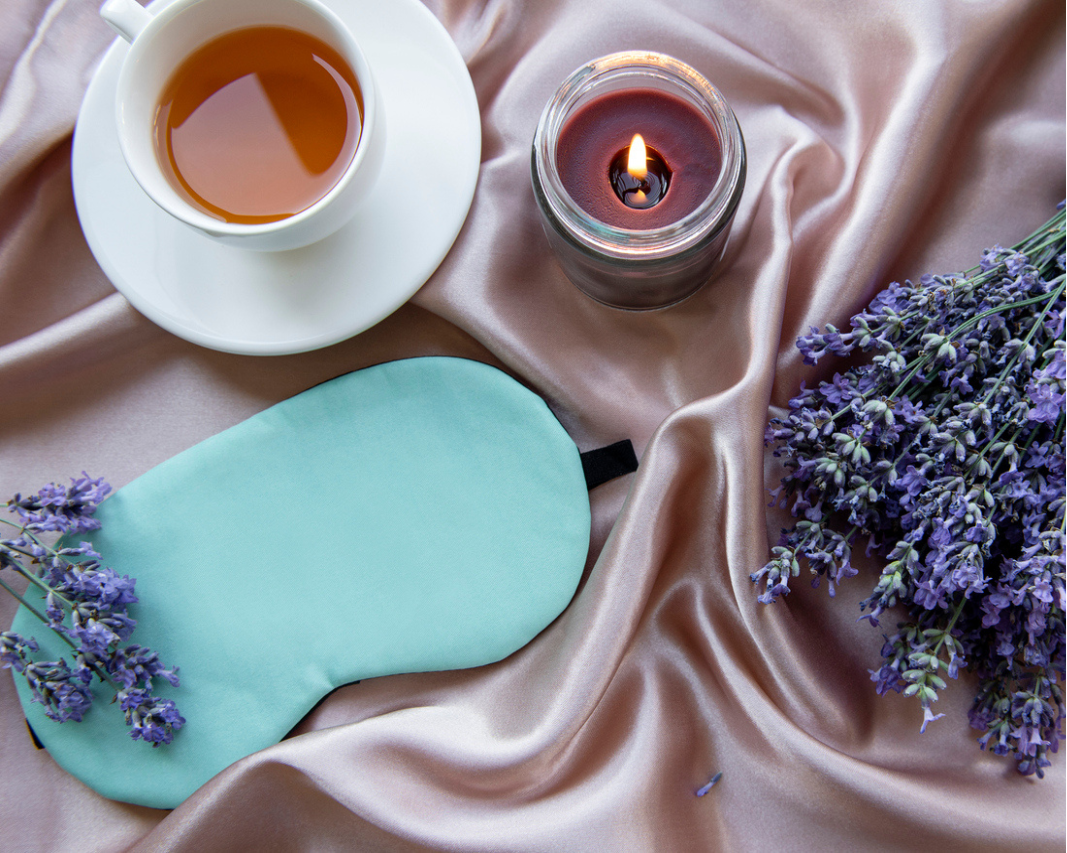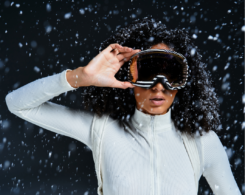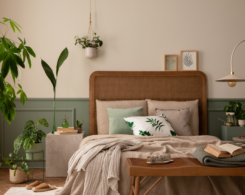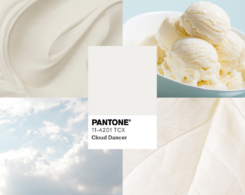Sleep, the new beauty secret—while most people aren’t getting enough. On average, they log 6.4 hours of sleep a night, falling short of their ideal 7.4 hours. Stress only makes it worse. The good news? A new wave of sleep-friendly beauty rises. From dreamy supplements to glow-boosting night creams and calming functional drinks, rest gets a serious upgrade. These products entail valuable rituals to help unwind, restore, and wake up radiant. Read on to see how sleep becomes the ultimate beauty power move.
Double-duty beauty while you sleep
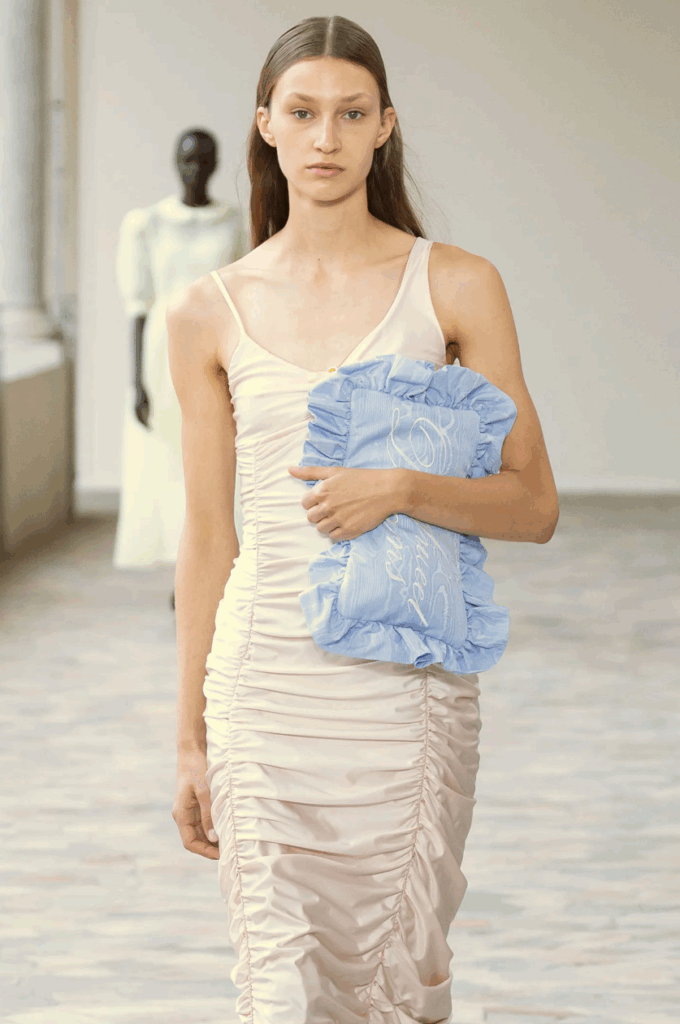
Harper’s BAZAAR’s Go To Bed With Me series may have sparked a movement. According to Vogue Business, sleep has become a status symbol of beauty. Wind-down routines work as the new social flex. Nighttime beauty is booming. Estée Lauder is leading the charge. The brand launched Advanced Night Repair over 40 years ago. Now, it’s doubling down. Earlier this year, Estée Lauder named sleep scientist Dr. Matthew Walker its first Global Sleep Science Advisor.
The iconic line has evolved. New launches include:
- Repair Cleansing Gelee with 15 amino acids
- Advanced Night Repair Serum with multi-recovery complex
- Eye Repair Concentrate
- Supercharged Gel Creme Synchronized Multi-Recovery Eye Cream
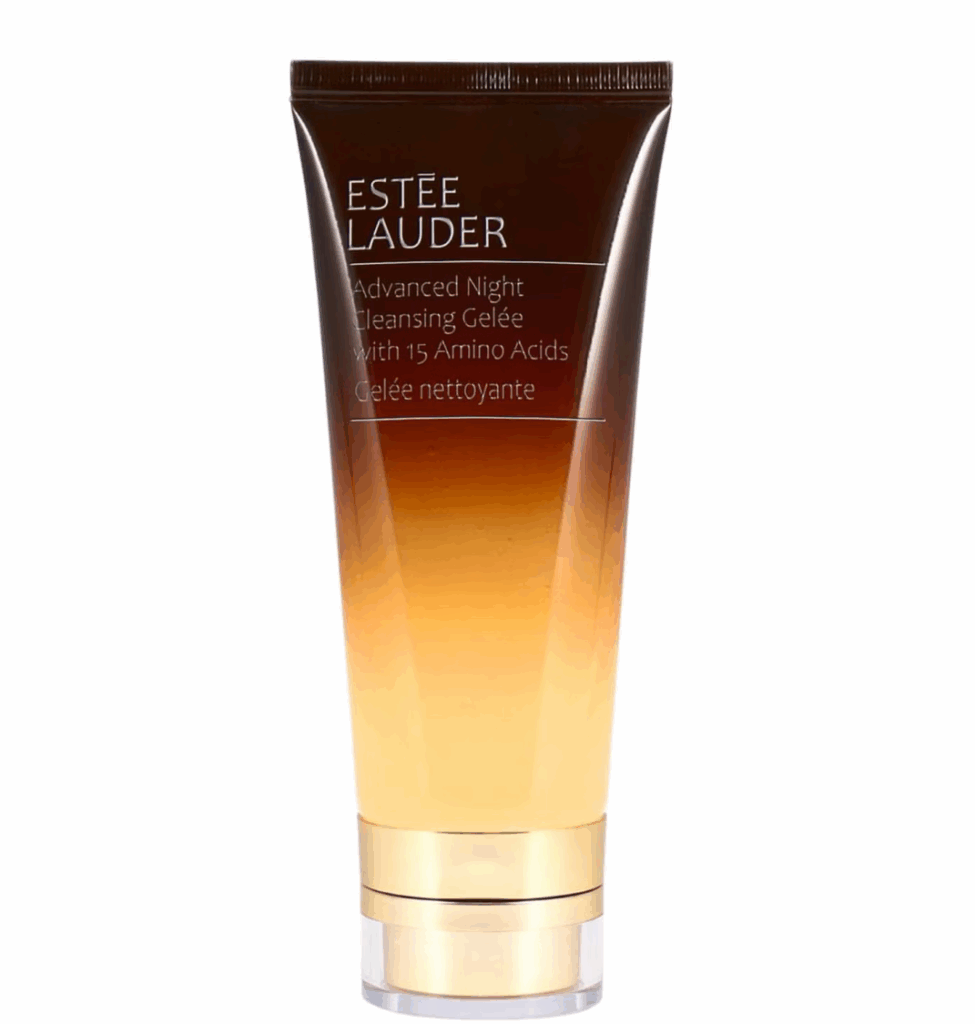
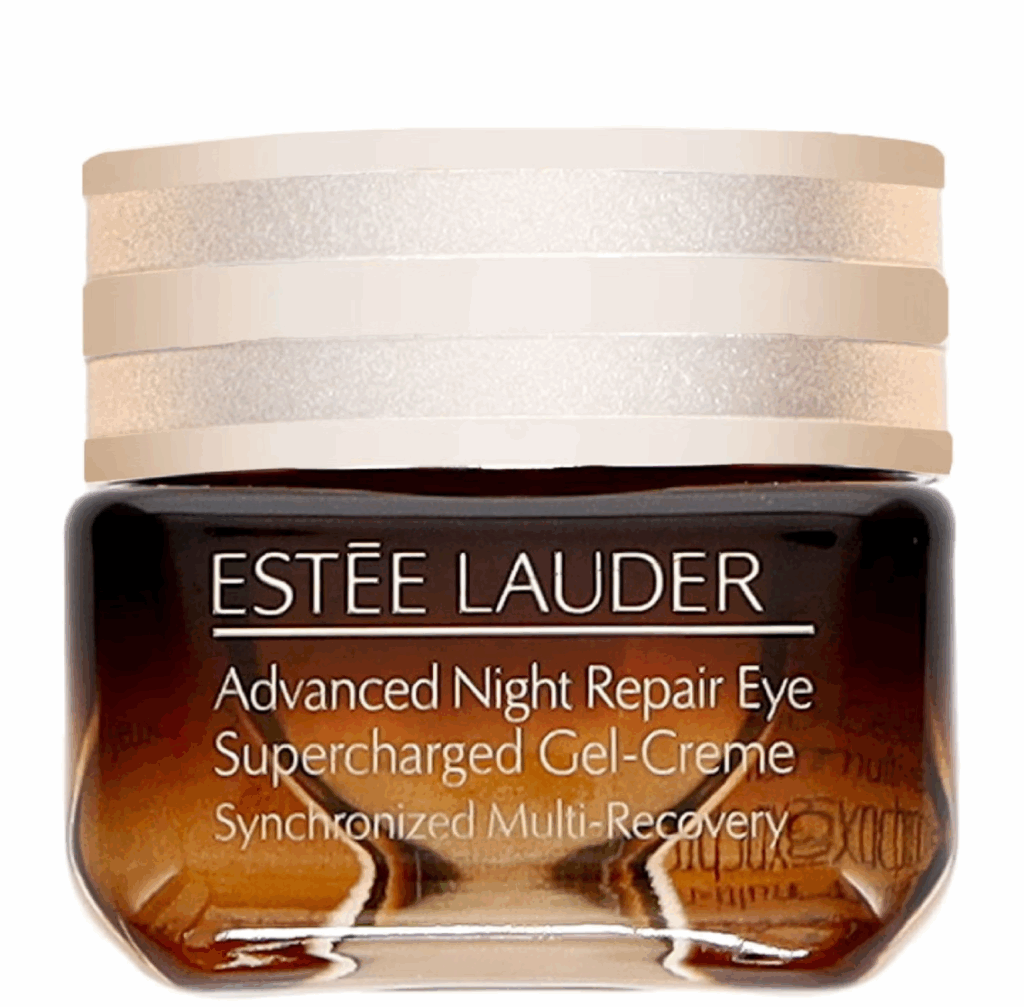
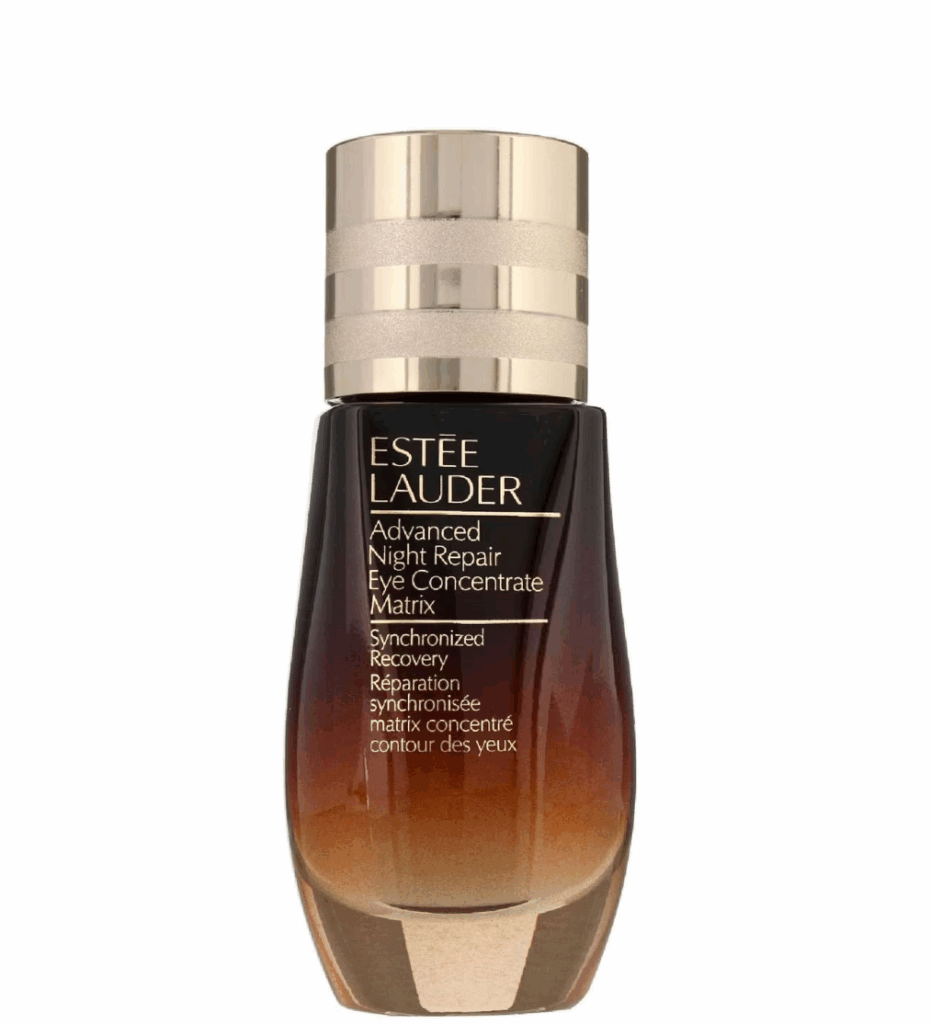
Estée Lauder has continued to expand clinical research into “sleep science”, focusing on the biological behaviors of skin during sleep. The brand unveiled findings suggesting that the visible effects of poor sleep on the skin can potentially be reversed. The brand patented a peptide called tripeptide-32, which claims to help resynchronize the skin’s circadian rhythm. The latest Advanced Night Repair Eye Lift + Sculpt serum is set to launch this summer, with additional products in the franchise to follow.
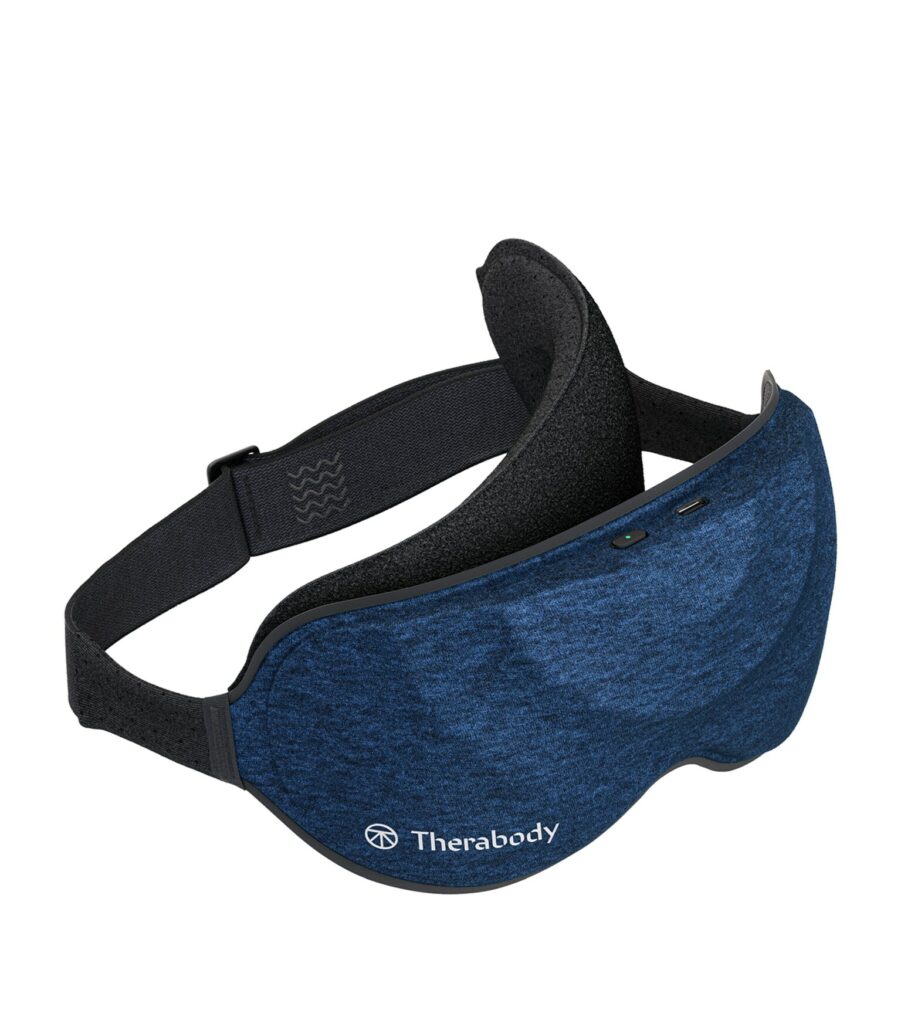
Sleep innovation has added to new products to the much appreciated serums. Vichy took things further with the launch of Mineral 89 Moisture Recovery in February. The formula uses melatonin, the trending, clinically proven ingredient known to help regulate the skin’s circadian rhythm. No7 followed suit. The brand reformulated its No7 Night Complex and Pre-Sleep Fragrance, adding powerful antioxidants and humectants to boost overnight results. In March 2024, Therabody introduced science into the mix. A new medical advisory board now backs its research on sleep tech. Devices like the Therabody Sleep Mask and Smart Goggles are designed to support deeper rest and amplify beauty benefits by morning.
Retailers & brands expand sleep offerings
Have you noticed an increase in products featuring the word “sleep” in their names? Space NK, the beloved UK-based beauty retailer, has certainly added to the trend. Kourtney Kardashian Barker, looking to globally expand her beloved line of science-backed supplements, partnered with iherb, particularly on her lemme SLEEP tight gummies. Luxury hotels and gyms, including Six Senses and Equinox, offer blackout rituals, sleep coaching, and in-room breathwork menus.
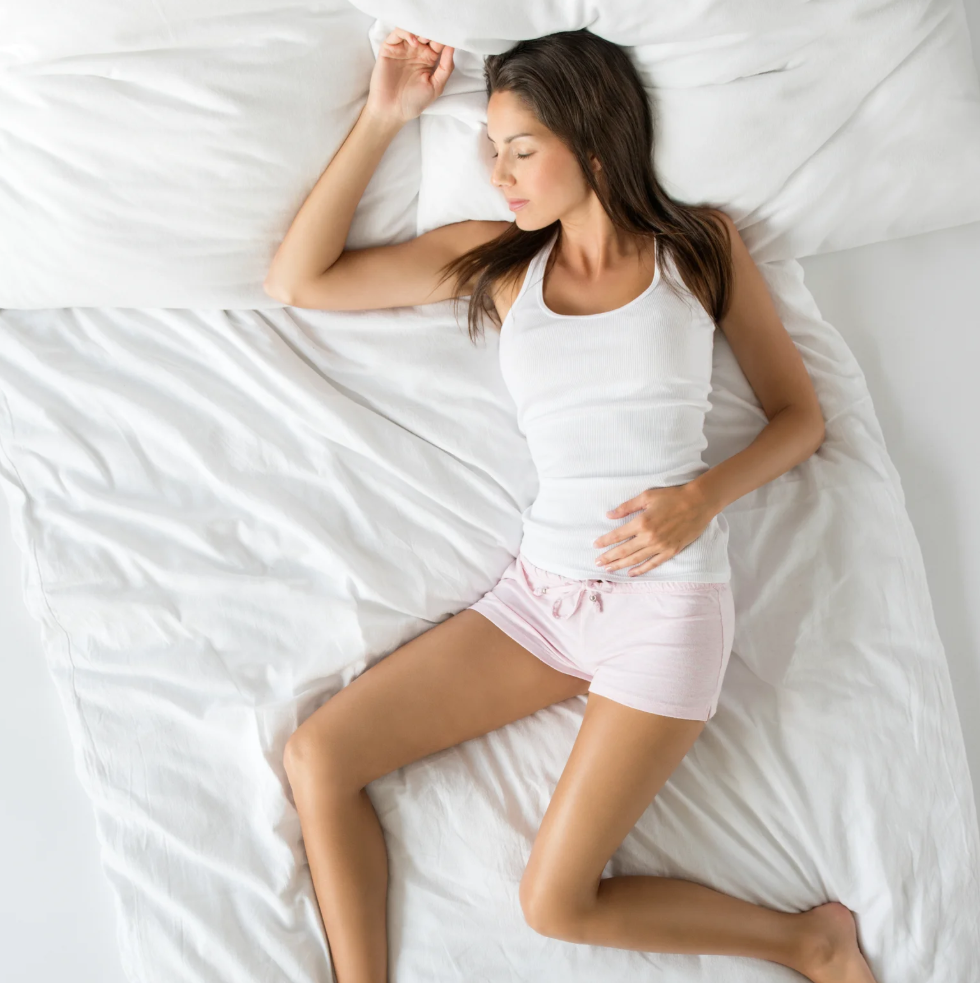
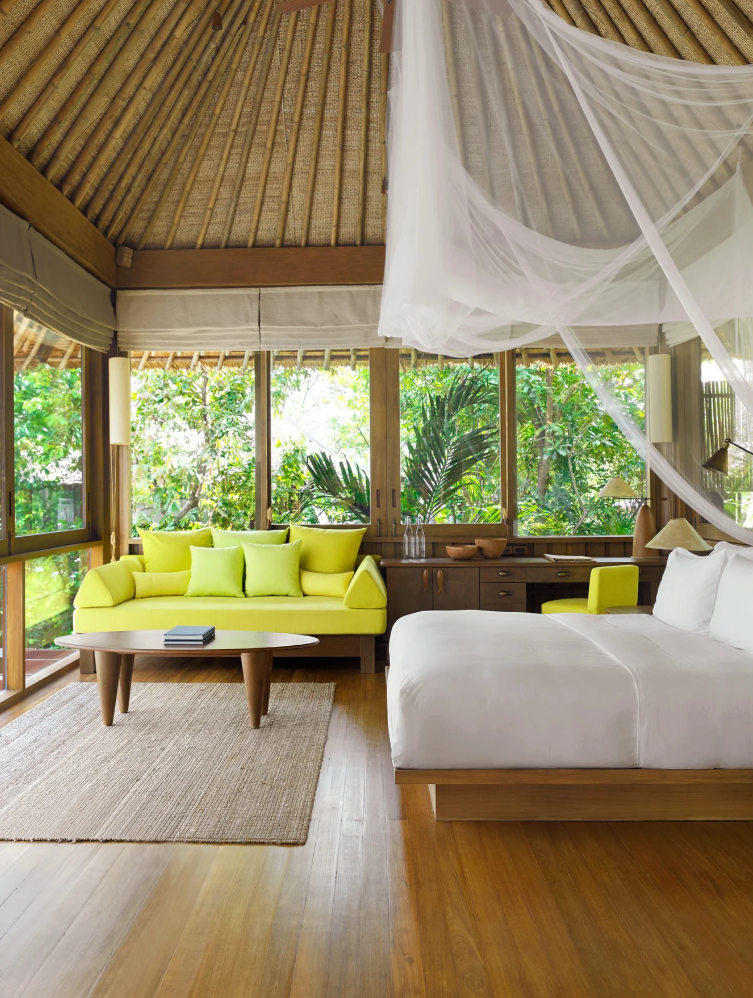
Symrise reported on this growing direction early on! Sales of sleep-encouraging pillow sprays have grown by 81 per cent in 2025, according to Clearpay. On Pinterest, searches for “going to sleep” routines have increased by 360 percent this year compared to 2024.
As consumers redefine health, the sleep economy stands to benefit. Management consultancy McKinsey forecasts sleep wearables will reach $32 billion by 2026, nearly triple their 2019 value of $11 billion. Sleep aids reached $4.8 billion in global sales in 2024, up from $3.4 billion in 2019, according to Euromonitor. This shift presents significant growth potential for brands that can discover new ways to promote good sleep across skincare, wellness, and technology. Brands such as Cuddle Sleep Health exemplify this shift. Their Luminous Blue Instagram offers both solid advice and product support!
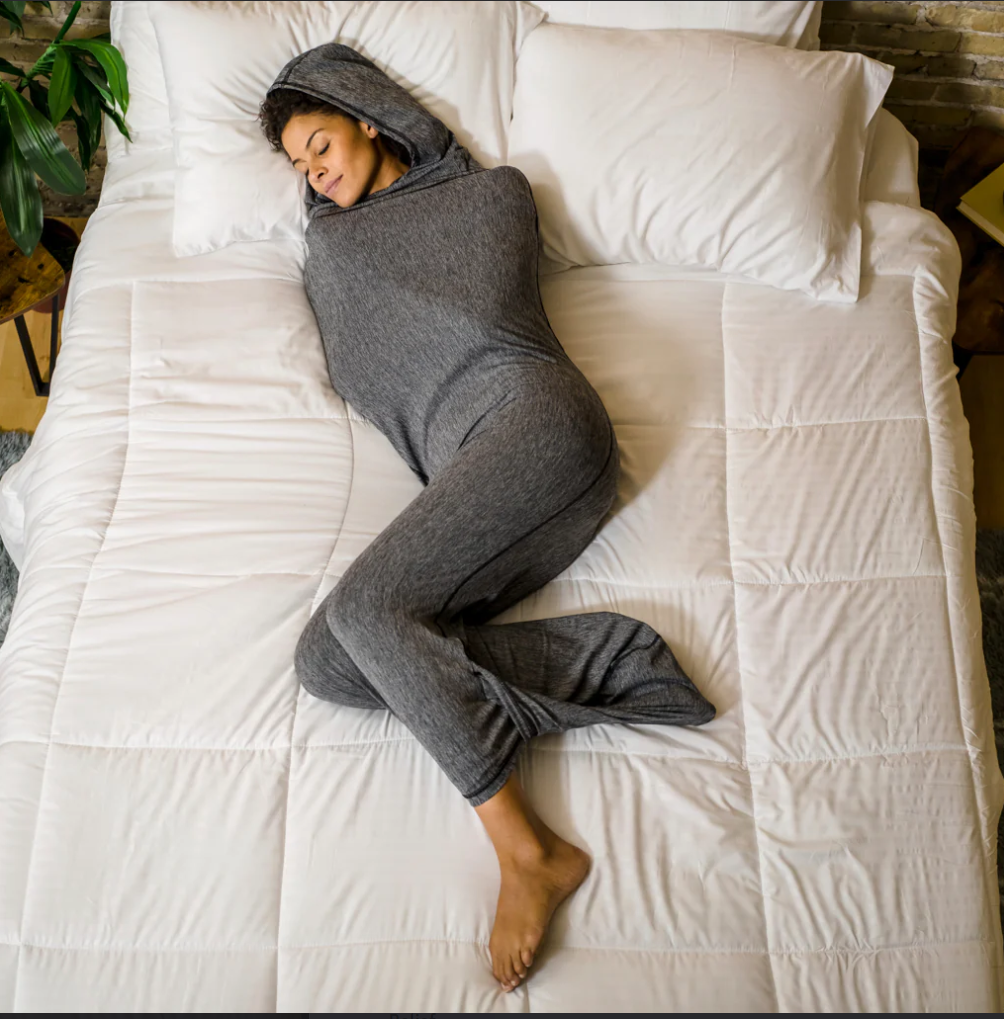
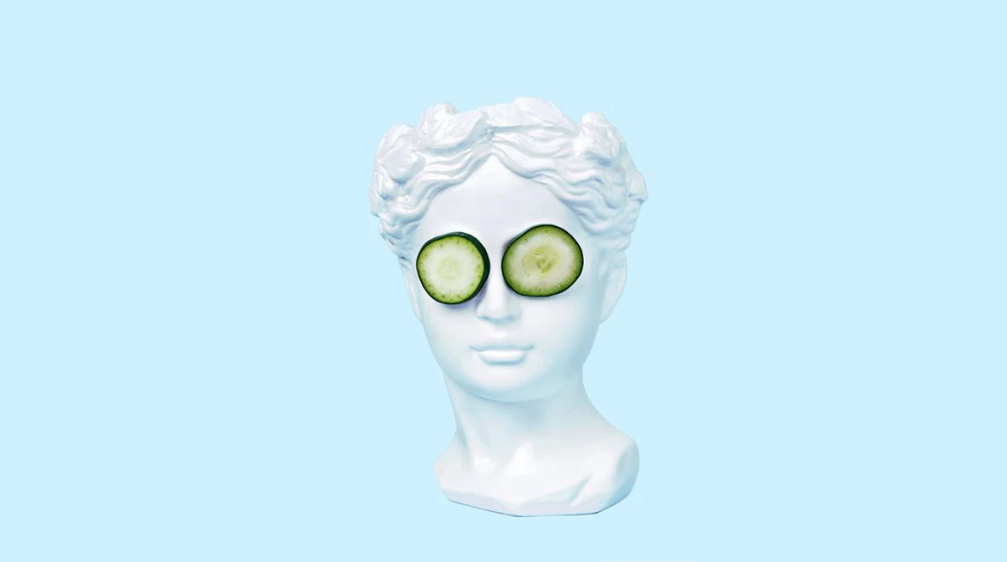
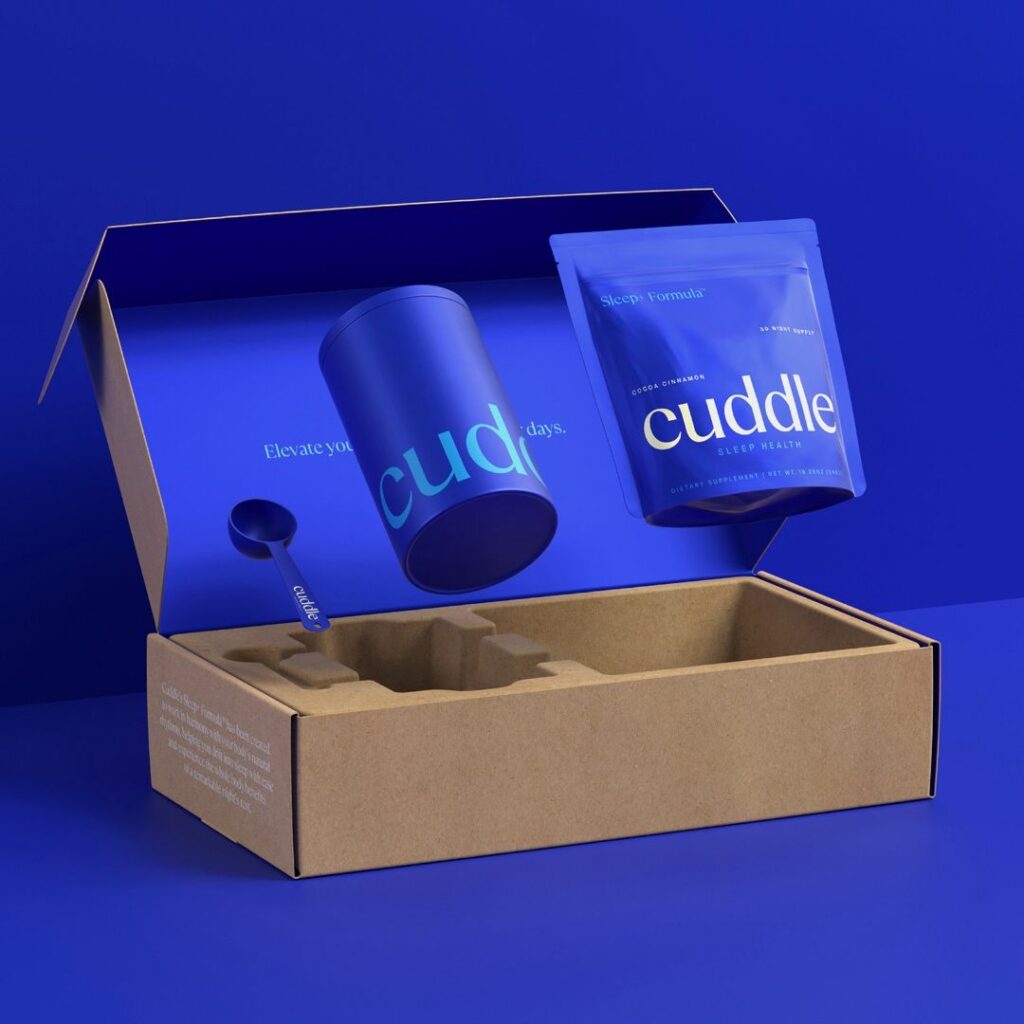
Mushroom-derived products are gaining popularity for sleep support, thanks to their adaptogenic and neuroprotective properties, as noted by Symrise. Beyond blankets and sheets, adaptive sleepwear and smart bedding blend fashion and function to meet the rising demand of consumers. As sleep evolves into a marker of status and wellness, brands continue to invest in science, personalization, and clinical results—reshaping the bedtime economy.

